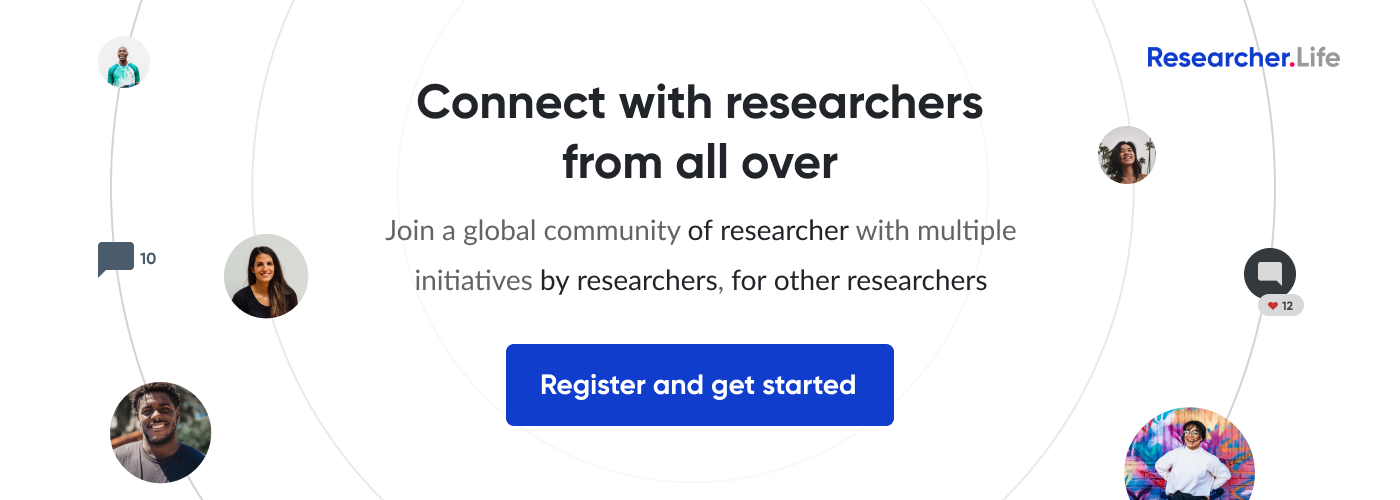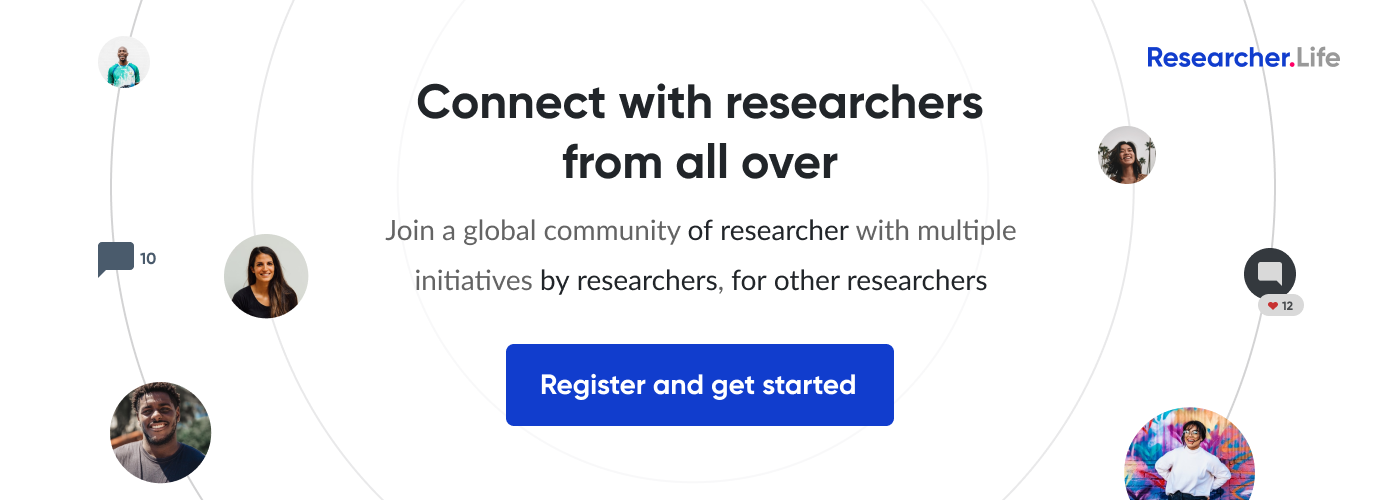Celebrating innovations in care: How nurses propel evidence-based medicine

Every year, Florence Nightingale’s birth anniversary on May 12 is commemorated as the International Nurses Day around the globe. Popularly known as the “Lady with the Lamp” for her night-time rounds during the Crimean War, Nightingale was also a well-known statistician who invented the polar area charts to depict the relationship between mortality and sanitation. She established the first nursing school in the world. Nightingale’s seminal work in the field led her to become the founder of modern nursing.
While defining nursing, the International Council of Nurses adds, “Advocacy, promotion of a safe environment, research, participation in shaping health policy and in patient and health systems management, and education are also key nursing roles.” Thus, far beyond their daily responsibilities in patient care, nurses actively contribute to research that drives evidence-based medical practices, shaping the healthcare landscape. This article is devoted to nurses and researchers who seamlessly integrate clinical care with scientific inquiry to enhance health outcomes globally.
Driving clinical innovation through nursing research
Nurses are at the forefront of healthcare, providing direct patient care and translating these experiences into research, leading to better clinical outcomes. Their unique position enables them to observe patient responses and identify needs that traditional research methodologies may overlook.
As nurses often have diverse roles in research studies, better definitions of their contributions will help identify their work and acknowledge them as research leaders. There have been discrepancies in attributing the term “nurse-led research” to several studies, and an editorial in the Journal of Clinical Nursing argues that better definitions of nurse-led studies have the potential to provide significant benefits to the nursing community.
Impactful case studies from the field
In Zambia, nurses are working with governmental and non-governmental organizations in providing care and disseminating knowledge about HIV/AIDS and tuberculosis. This helps raise awareness about the transmission of these diseases and curbs the associated stigma. Along with providing antiretroviral therapy to HIV/AIDS patients, they also collaborate with legal and human rights organizations to offer protection against child abuse and violence against women. They are also helping widows experiencing loss of property due to seizure by their deceased husbands’ families.
While there are about 40 million people with HIV globally, around 200 million suffer from Hepatitis C disease. In New Zealand, about 20,000 people have been estimated to be suffering from Hepatitis C, and it is predicted to increase further in the next ten years. A multidisciplinary team of three nurses, one social worker, and one general practitioner is helping people access diagnostic care and treatment for this disease. This clinic has been documented to have a 98% attendance rate, and it manages 465 clients, with 10-15 new clients enrolling every month.
Resources and professional societies for nurse researchers
The following resources provide nurses with platforms for professional development, networking, and advancing their research careers.
Key Journals:
Journal of Clinical Nursing: Focuses on sharing research that impacts clinical practice directly.
Nursing Research: Publishes various methodological studies and analyses pertinent to nursing.
International Journal of Nursing Studies: Offers a comprehensive look at global issues and clinical research practice in nursing.
Professional Societies:
How nurses can take a proactive role in research
Staying informed: Engaging regularly with journals in the field to keep abreast of the latest research and clinical practices.
Documentation: Maintaining detailed records of clinical observations is crucial for identifying trends, formulating hypotheses, and improving healthcare practices effectively.
Collaboration across disciplines: By working with professionals from various fields, nurses can broaden the impact of their research, integrating diverse perspectives and expertise.
Advancing skills: Participating in workshops and courses on research methodologies and evidence-based practices enhances one's impact on healthcare.
Concluding thoughts: A future directed by evidence-based care
We celebrate the dedication and tireless efforts that ensure that the future of healthcare is evidence-based and patient-focused. Let's continue supporting and promoting the critical role of nursing in research for better healthcare outcomes worldwide.
Comments
You're looking to give wings to your academic career and publication journey. We like that!
Why don't we give you complete access! Create a free account and get unlimited access to all resources & a vibrant researcher community.














